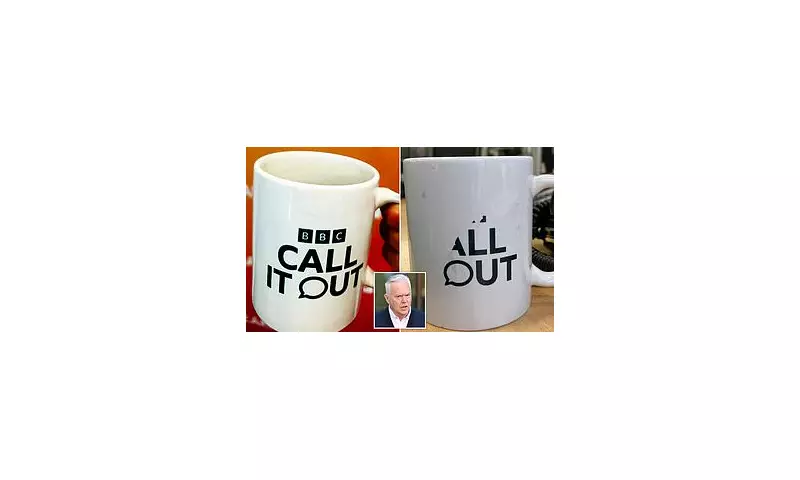
The BBC finds itself embroiled in yet another spending scandal, as exclusive revelations confirm the corporation splurged nearly £4,000 of public money on branded mugs emblazoned with a message encouraging staff to 'call out bad behaviour'.
The extravagant purchase, which saw £3,945 of licence fee payers' money spent on the china, has been branded as 'utterly hypocritical' by critics who question the Beeb's own financial conduct.
A Storm in a Teacup? Hardly.
This is not the first time the BBC's spending habits have raised eyebrows. The revelation comes hot on the heels of other controversies, including the hefty payouts to former executives and ongoing debates about the value of the mandatory licence fee.
Critics were quick to pounce on the news. John O'Connell, chief executive of the TaxPayers' Alliance, lambasted the purchase, stating: "Licence fee payers will be steaming mad at this wasteful spending on mugs by the Beeb." He pointed to the sheer irony of the corporation's message, given the scrutiny of its own internal culture and finances.
The High Cost of Workplace Morale
The bespoke mugs were part of a wider, and costly, internal initiative. They featured the slogan 'Call it out. Respect at work. Everyone's responsibility.'
This expenditure is particularly galling for many households facing a cost-of-living crisis, who are legally mandated to fund the BBC through the £159 annual licence fee. The perception of such spending being tone-deaf has intensified the backlash.
A Pattern of Questionable Spending
This mug scandal is symptomatic of a broader issue within the organisation. Recent years have seen the BBC criticised for:
- Multi-million pound payoffs to senior managers.
- High salaries for on-air talent amidst cuts to programming.
- Perceived frivolity in the use of public funds for internal projects.
Each incident fuels the argument from detractors that the current funding model is unsustainable and lacks proper accountability to the public it serves.
As the storm over the mugs continues to brew, the BBC faces renewed and intense pressure to justify its spending and demonstrate respect for the millions of households who have no choice but to foot the bill.





